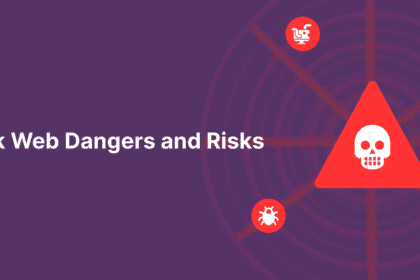Exploring the dark web can be risky without the right protection. This part of the internet is filled with both curiosity and danger, from hidden forums to anonymous marketplaces. That’s why using a reliable VPN is essential before diving in. A top VPN for the dark web hides your real identity and encrypts your data, so your online activity is completely anonymous.
However, not every VPN is strong enough to handle the deep layers of anonymity required for dark web browsing. You need one that works seamlessly with Tor, offers strong security protocols, and maintains fast speeds without compromising privacy.
In this guide, we’ve tested and handpicked the best VPNs for the dark web that guarantee safety, anonymity, and reliable performance for underground exploration.
Is the Dark Web Dangerous?
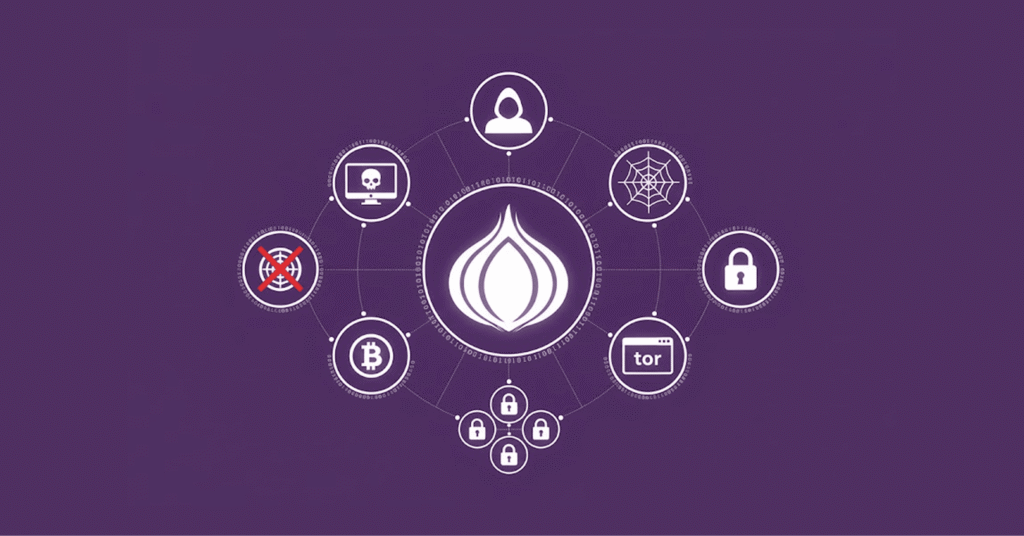
The dark web has this aura about it — a place where secrets live, where you can find anything if you know the right doorways. And that’s true, to an extent.
But what people often forget is that the dark web isn’t some magic portal where the rules of the internet stop applying. It’s just another corner of the web — except without the safety rails most of us take for granted.
Think of it like wandering into an abandoned part of a city. There might be useful things tucked away in the shadows — hidden libraries, private communities, whistleblower dropboxes. But there are also unlit alleys, broken glass, and people who wouldn’t think twice about taking advantage of you if you slip.
Here’s where the risks really kick in:
- Malware everywhere: On the surface web, sites are policed to some degree — hosting providers can step in, browsers block dangerous links, and Google actively weeds out scams. On the dark web, those filters are gone. Many onion sites are unvetted, which means a single careless click could lead you straight to malware or ransomware.
- Illegal markets: It’s no secret: a chunk of the dark web is filled with marketplaces selling stolen credit cards, hacking tools, counterfeit IDs, drugs, and even weapons. Just landing on one of these by accident doesn’t make you a criminal — but staying there, interacting, or making a purchase could land you in serious trouble.
- Risks related to identity: Since anonymity is inherent on the dark web, scams are frequent. There are phony marketplaces that set up shop overnight, phishing websites that masquerade as a trusted onion link, and forums that cause you to share too much information. Share a single piece of personal information, and your identity is at risk in the same context you were trying to be anonymous.
- Law enforcement and surveillance: Another misconception, the dark web isn’t invisible. Law enforcement agencies around the world monitor it constantly. While they’re usually chasing criminals, careless users sometimes get swept up just for being in the wrong place at the wrong time. And yes, your ISP can still tell you’re accessing Tor, unless you’re using a VPN to cover your tracks.
Top VPNs for Dark Web in 2025
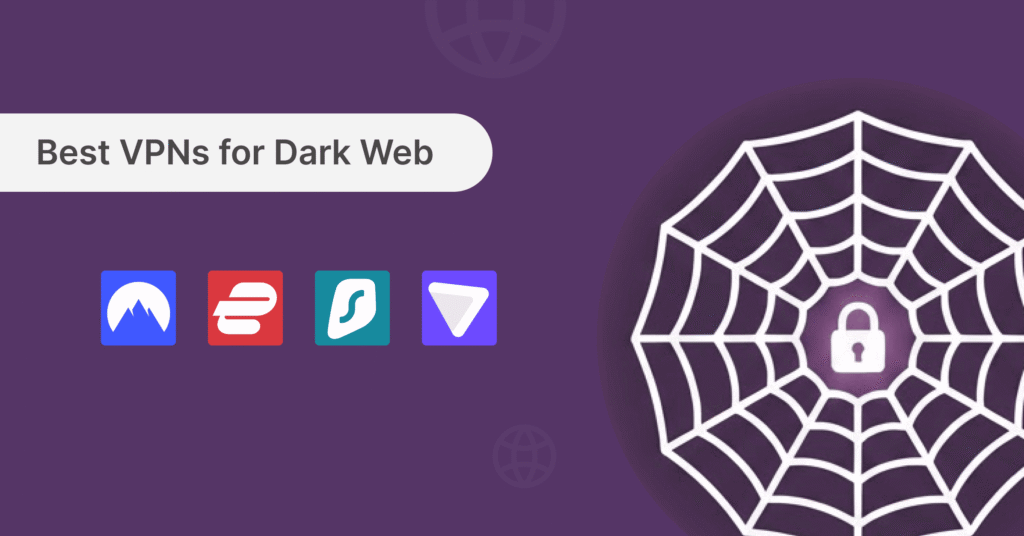
1. NordVPN
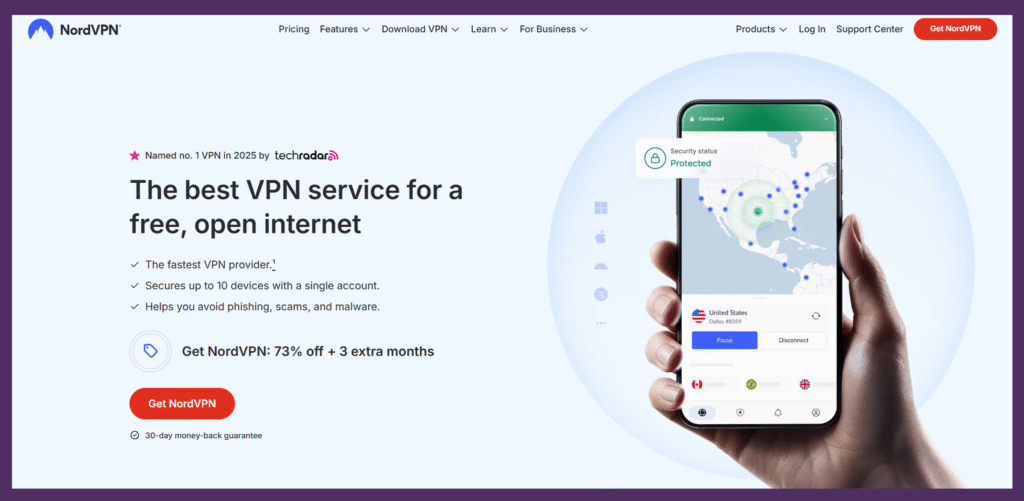
If you have seen a serious discussion about dark web security, NordVPN probably came up. And that’s for good reason. Of all the VPNs we tested, NordVPN consistently gave off vibes that it was specifically built for the dark web, not just for unblocking Netflix or getting around geo-blocks.
NordVPN has more than 8000 servers in 165+ locations, but the most important part about that is how the servers operate. It operates in RAM-only mode, meaning that no data is stored long-term. When the server is powered off, all trace of your activity is gone. That’s the kind of build you want when venturing into a part of the internet where anonymity is non-negotiable.
What’s more, unlike a lot of “trust us, we don’t log” claims, NordVPN has truly put its money where its mouth is. It has undergone a number of independent audits, including penetration testing and extensive infrastructure reviews.
2. Surfshark
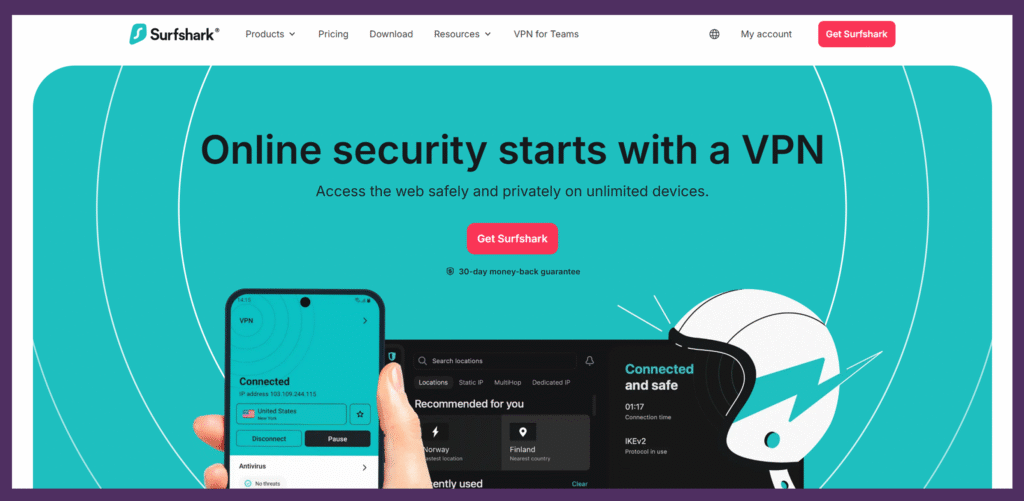
Not everyone wants to spend big money on a VPN, especially if they’re just dipping their toes into the dark web. That’s where Surfshark shines. It’s the provider you recommend to friends who don’t want to compromise on privacy but also don’t want to empty their wallets.
And the mad part? Despite being the “budget” option, Surfshark holds its ground against giants like NordVPN and ExpressVPN. The VPN over 3,200 servers across 100+ countries, and just like NordVPN, its infrastructure has been audited multiple times by independent security firms.
For a service that can be as cheap as $1.99/month with long-term plans, that’s an unstable value. It’s based in the Netherlands, which might sound like a red flag because of EU surveillance ties, but in practice, Surfshark has proven itself with a strict no-logs policy.
Independent audits by Cure53 confirmed it doesn’t keep track of what you’re doing online, and the company even publishes a warrant canary to show transparency.
3. ExpressVPN
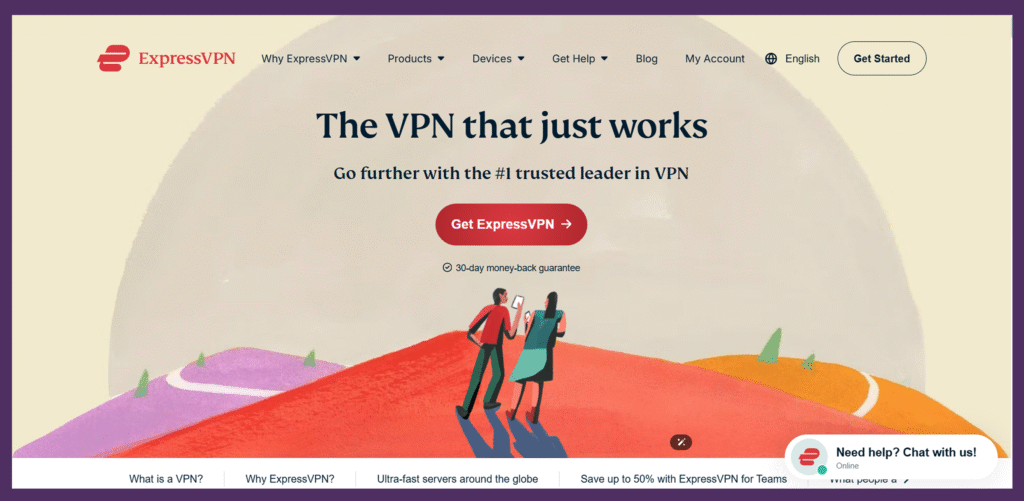
Speaking of the top VPNs that have remained for the past ten years, ExpressVPN stands proud among them. ExpressVPN is fast and reliable, easy to navigate; that’s why users love it. It’s not even hard for a novice to navigate. That specific combination is hugely important when you’re going to use a VPN on the dark web.
What really separates ExpressVPN from other services is its TrustedServer Technology. All of ExpressVPN’s servers run entirely in RAM mode, meaning nothing is written on a physical hard drive at all. Data is purged when servers restart. This means there is absolutely zero chance that any information is kept, intentionally or unintentionally, and its VPN infrastructure is almost identical to Nord’s, which was also privacy-first.
ExpressVPN has undergone dozens of independent audits over the past few years, including penetration testing and independent reviews of its no-logs policy. Cure53 and PwC have both verified ExpressVPN’s claims, and we believe it is one of the most independent, audit-tested, and verifiable VPN services available. This is particularly valuable to people heading to the dark web.
4. Proton VPN
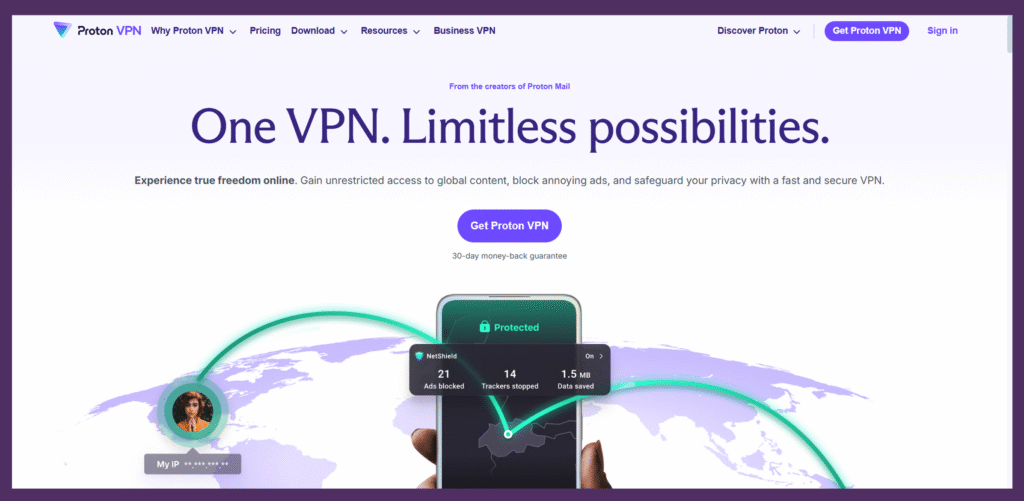
Most free VPNs are traps. They promise protection but end up logging your data, injecting ads, or cutting you off after a measly 2GB. Proton VPN is the rare exception. Born from the same CERN scientists who built ProtonMail, Proton VPN is based in Switzerland — a country with some of the strongest privacy laws in the world, and it takes its mission of protecting users seriously.
For dark web users who don’t want to gamble with sketchy free VPNs, Proton VPN offers a middle ground: you can start free, and if you want advanced features, upgrade later. That flexibility is why it consistently ranks high in “Best VPNs for Dark Web free” and “Best free VPN for Tor Browser” searches.
Switzerland’s status as neither a member of the EU nor of the 14 Eyes surveillance organization makes Proton VPN well-positioned to legally protect your information. Plus, the company strictly follows a no-logs policy that independent auditors have verified for compliance.
5. Total VPN
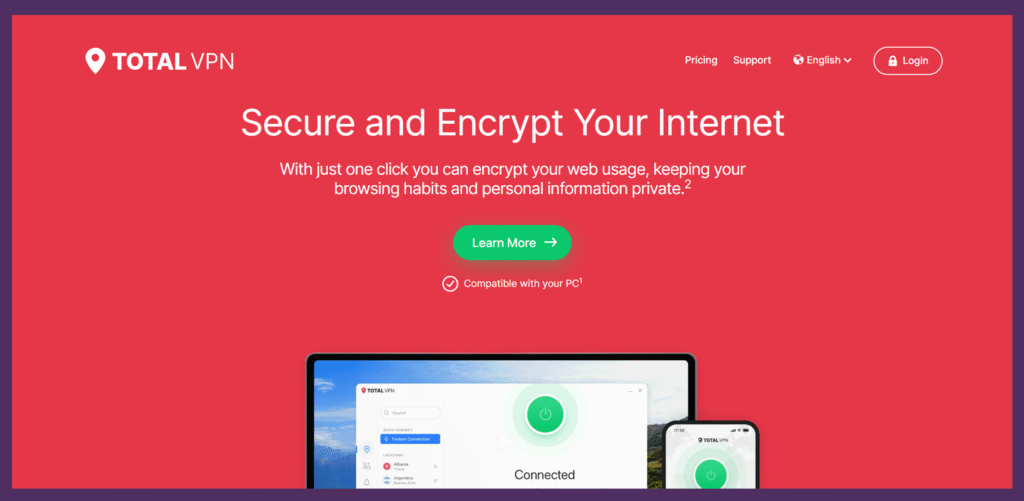
Compared to NordVPN, Surfshark, or even ExpressVPN, TotalVPN does not have a hyped reputation. Being a minor, less-renowned VPN service, many users overlook it completely, and that isn’t necessarily a bad thing.
For users of the dark web who are new and prefer not to contend with numerous choices and settings, Total VPN offers a basic and uncomplicated plug-and-play service. It may not have all the features of the more popular options, but it’s dependable, economical, and surprisingly effective with Tor.
Total VPN has a smaller network of servers when compared to giants like Nord or Proton. That means you will not have access to thousands of servers worldwide, but rather a more concise list of locations that keeps things simple without losing utility. If your goal is to keep yourself safe while accessing the dark web without looking for your way through a bunch of advanced menus, this minimal approach will appeal to you.
How We Tested and Ranked the Best Dark Web VPNs
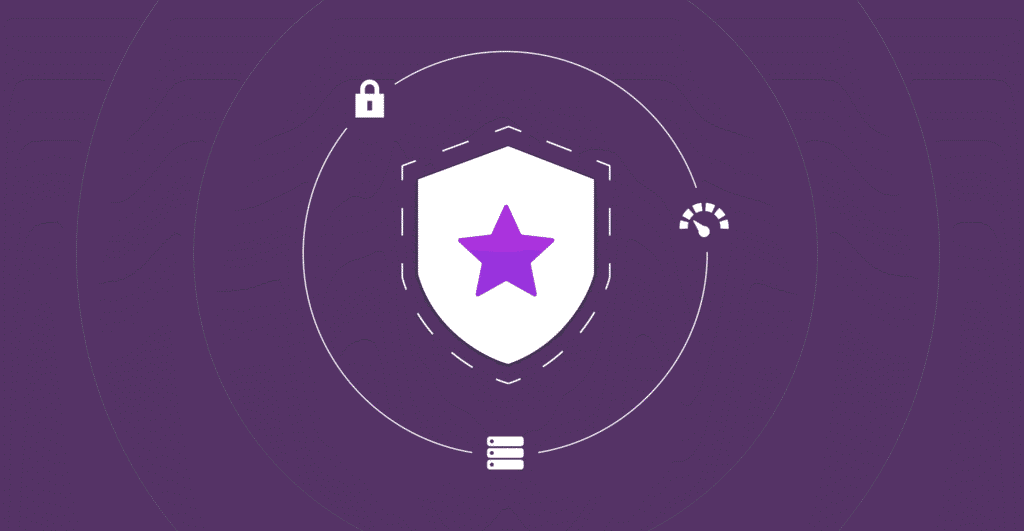
Testing VPNs for streaming is one thing; testing VPNs for the dark web is an entirely different situation.
You stop focusing on unlocking Netflix or finding cheaper flight tickets and start prioritizing anonymity, privacy, and protection from malware-infested sites. The game changes. When we compiled the list, we didn’t just steal the marketing copy from each provider’s website.
We ran those VPNs on Tor for a number of weeks, put each feature through its paces, and verified the feedback on Best VPNs for the Dark Web Reddit thread, where people are more candid. We eliminated any VPN from the list if it had a glitch, a leak, or caused Tor to slow to a crawl.
The criteria to determine where each VPN belonged on this list are as follows:
- Advanced security: The dark web isn’t forgiving. That’s why military-grade AES-256 encryption was a must-have. I also looked for features like Onion-over-VPN (for routing traffic directly into Tor), obfuscation (so ISPs can’t tell you’re using a VPN), and kill switches (to cut your internet if the VPN drops). NordVPN and ProtonVPN led in this area.
- Privacy protocols: A VPN that logs your data is worse than useless. We gave priority to VPN services that enforce strict no-logs policies and have undergone independent audits. RAM-only servers and warrant canaries earned extra points. Proton VPN’s Swiss jurisdiction and NordVPN’s repeated audits were standout examples.
- Speed and reliability: Let’s be honest: Tor can already feel sluggish. The last thing you need is a VPN dragging you into dial-up territory. I ran multiple speed tests across different servers and looked for consistency, not just one lucky high number. NordVPN with NordLynx and Surfshark with WireGuard gave the smoothest Tor experience.
- Server availability: Given the reality of VPNs, the larger accounts like NordVPN, Surfshark, ExpressVPN obviously still win in terms of server amount and connection to choose from, etc. However, there is charm to TotalVPN’s minimalistic use; if you want something quick and clean without the noise, you want something like TotalVPN.
- Device compatibility: Not everyone browses the dark web via the same platform. Some of us use our laptops with Tor, some use Android devices. I tested VPN apps for Windows, macOS, Linux, iOS, and Android, to see which ones were consistently good. Surfshark shone with its light-weight apps, while ExpressVPN did great with ease of use across the board.
- Value for money: Finally, I considered pricing. Dark web safety shouldn’t make you broke. People prefer Surfshark here because its pricing is low and it allows unlimited devices. But NordVPN is competitive with its deals, and Proton’s no-cost option is also compelling.
Is the Dark Web Risky?
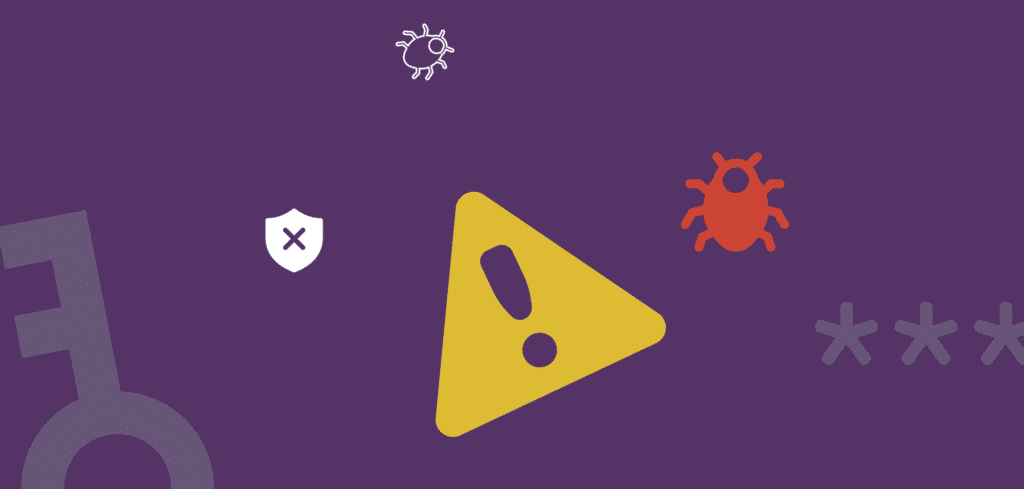
Yes — but it’s not like some monster in the dark. Think of it as entering the less-friendly regions of a city. If you are careful and have a reliable VPN and Tor and stick to safe sites, you will be okay.
On the other hand, if you go into the dark web without a plan or protection, you will be asking for it.
Can You Use a VPN on the Dark Web?
Many users can take some comfort in that, once the Tor browser has launched, they are safe. This is only partially true. Tor works by bouncing your traffic through multiple layers of relays to hide your traffic. But it cannot guarantee anonymity or safety from other users.
Your Internet Service Provider can tell you are using Tor; exit nodes reveal data in their routing; and careless usage and browsing will remove encryption often before you know it. That is where using a VPN is beneficial.
Free VPNs for the Dark Net — We Do Not Recommend
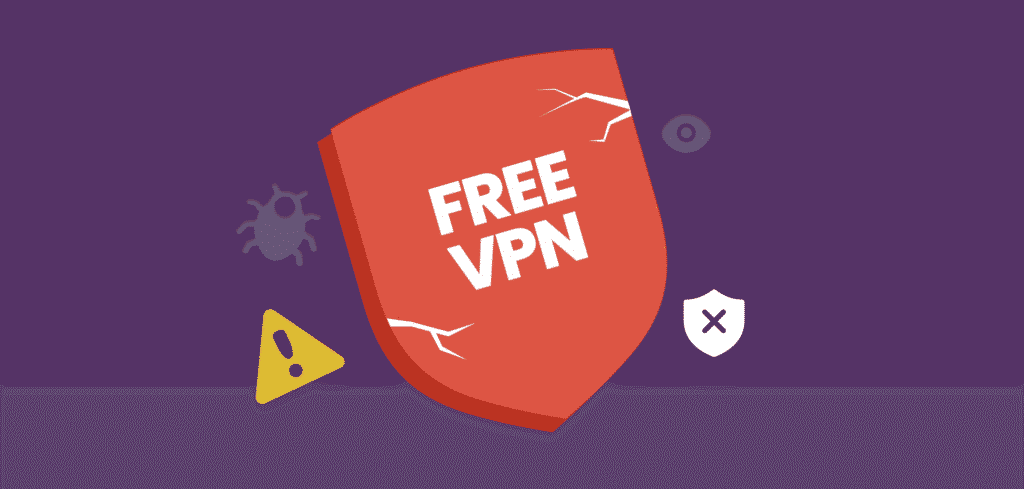
When it comes to the dark web, free VPNs sound tempting. After all, why pay when you can get one with a quick download? But here is the truth, most free VPNs are a bigger risk to your safety than not using a VPN at all. This might sound like drama, but just so you know, for free VPNs:
- 38% contained malware.
- 75% used trackers to monitor user activity.
- 84% had poor or non-existent encryption.
In other words, a large chunk of free VPNs aren’t protecting you — they’re actively spying on you, monetizing your data, or leaving you wide open to attacks. And on the dark web, where every mistake has higher stakes, that’s a dealbreaker.
Why Free VPNs Fall Short
- Low number of servers, reduced performance: Many free VPNs offer limited server options. When too many users log in, the connection slows down, and the farther the VPN server is from you, the slower it becomes. The result is sluggish Tor browsing and dropping the VPN, which is what you are trying to avoid!
- Missing safety features: The dark web requires tools like obfuscation, kill switches, or Tor integration. Free VPNs rarely include these, so your IP can leak the moment the connection drops.
- Data caps: Most free VPNs limit you to 2–10GB per month. That’s fine for occasional browsing, but useless if you’re doing anything more intensive. Worse, hitting the cap in the middle of a dark web session could leave you suddenly exposed.
- The “free” business model: VPNs are expensive to run. If a company is not charging you, it is earning cash in another way – typically, it is gathering and exchanging your browsing data. That’s the opposite of what you want from a privacy tool.
The only exception: Proton VPN free
There is one service we can recommend as a safe, free option, Proton VPN’s free plan. Unlike most, it has:
- Unlimited data (rare for a free VPN).
- Strong encryption and a no-logs policy.
- Decent speeds for Tor browsing (though slower during peak hours).
- Independently audited infrastructure.
It’s not perfect — you only get servers in three countries, and premium users get priority speeds. But if you absolutely can’t pay, Proton’s free plan is the safest way to dip your toes into the dark web without gambling your identity.
Parting Word
The dark web has a dual nature. On one side, it can create an avenue for journalists, activists, or ordinary people who may just want to stay private. On the other hand, we find scammers, hackers, and other shady markets that you have no business engaging with.
Going on to the dark web unprotected is similar to walking into a storm without a coat. You might make it out okay, but you’ll wish you never went in. This is the reason having Tor and a trusted VPN is obligatory. It provides the difference between browsing with confidence and hoping no one is looking. After now playing around with, testing, and comparing products for weeks, I have come to realize very quickly which ones are the winners here, NordVPN, Surfshark, Proton VPN.
Stick with verified onion links, don’t share personal details, and remember — even the best VPN can’t save you from a bad click. Go in prepared, and the dark web is just another network you can move through safely. Go in carelessly, and it will chew you up without mercy.
FAQs
In most circumstances, yes — simply perusing the dark web is not illegal. Tor itself is merely a privacy tool; it’s not any different than having a door secured with a lock. Where it gets hairy is crossing into illicit activity — like buying stolen data, fake identifications, drugs, or weapons. That’s where people get busted.
Absolutely! If you wish to remain anonymous, both are necessary. While Tor effectively hides your traffic, your internet service provider can still see that you’re using it. A VPN that does not let anyone see what you’re doing online. It scrambles up your data before it ever leaves your device.
If you’re planning to visit the dark web on Android, then I recommend you use Surfshark. The affordable mobile app includes nearly all the same features as the desktop version, such as CleanWeb for blocking ads and malware, a kill switch, and stealth mode. Meanwhile, if you’re just starting out, you can try Proton VPN’s free plan. The free plan works well.
Technically, yes — but it’s very unsafe. Most free VPN services are overloaded, terribly slow, and have significant privacy concerns. Research shows most free VPNs include malware or trackers, except Proton VPN’s free plan.
The simplest option is to perform a leak test. Once you’re connected to both your VPN and Tor, visit a site like check.torproject.org or an IP leak checker. If the IP address showing up belongs to your VPN — and not your real one — you’re in the clear. If your real IP address appears, disconnect from the internet until you fix the issue.

